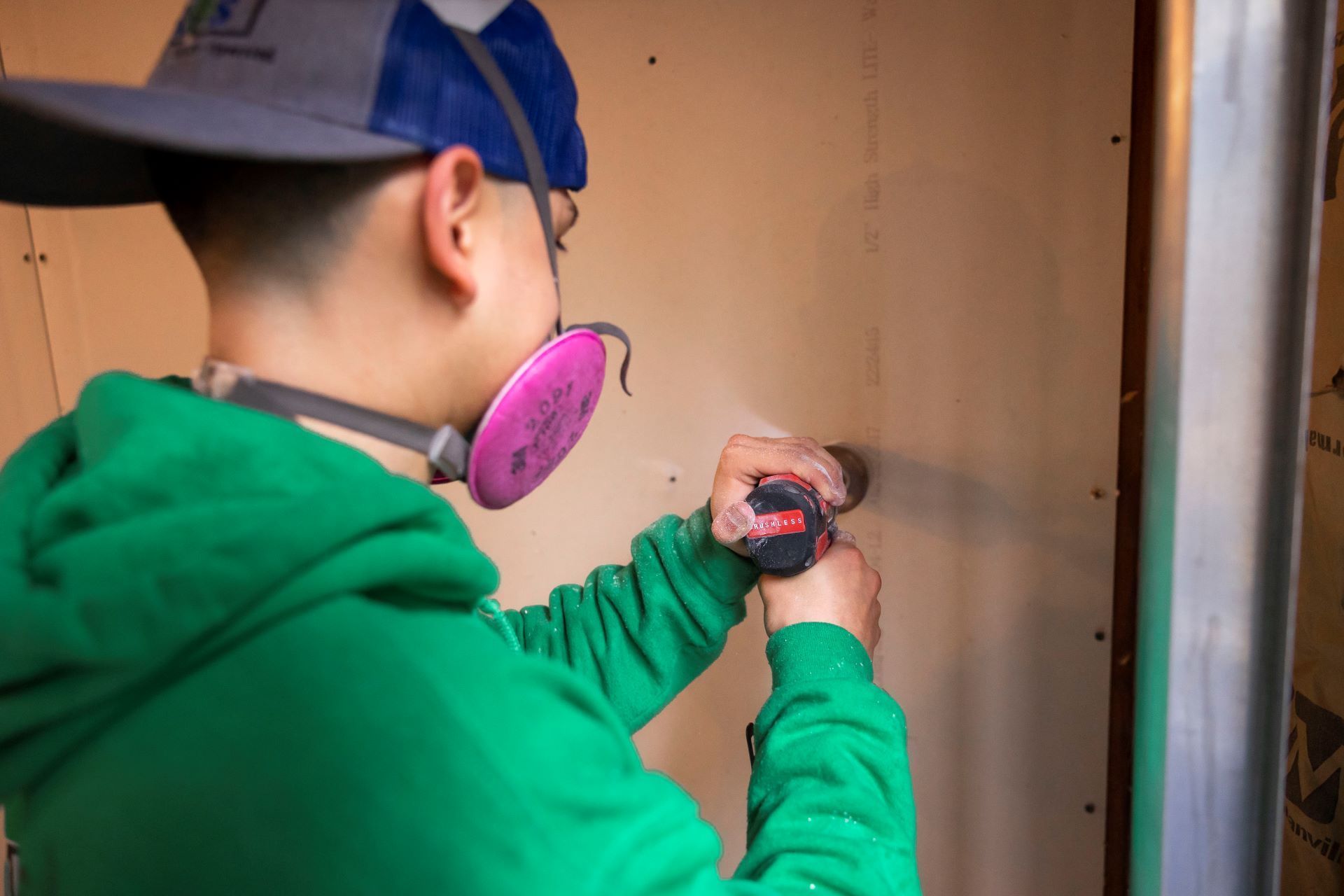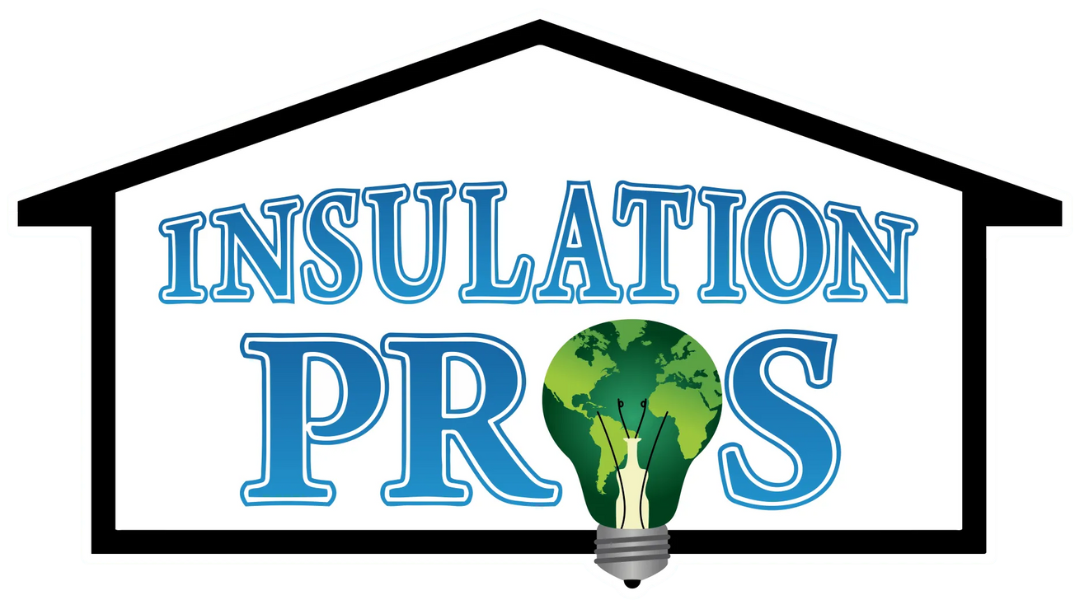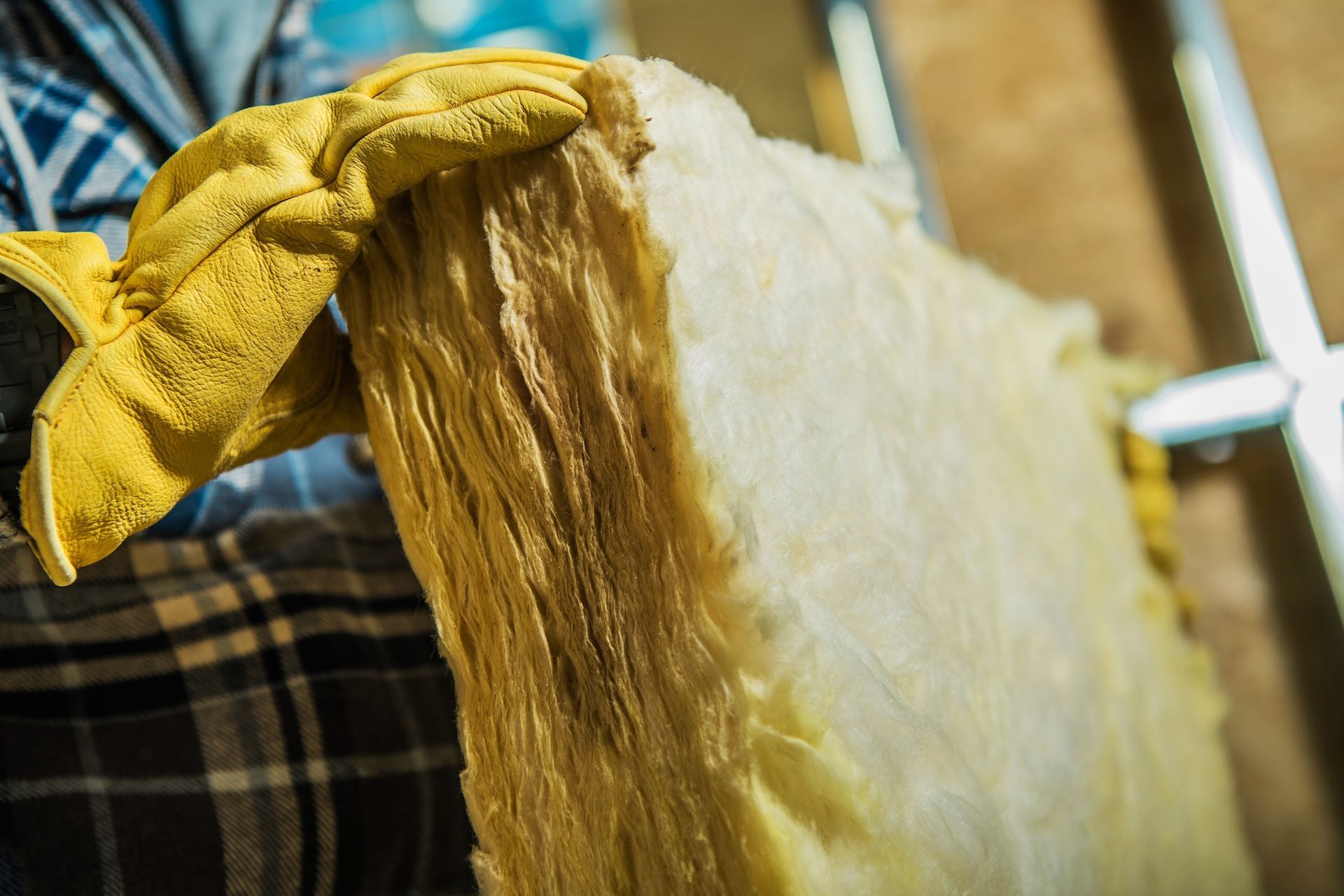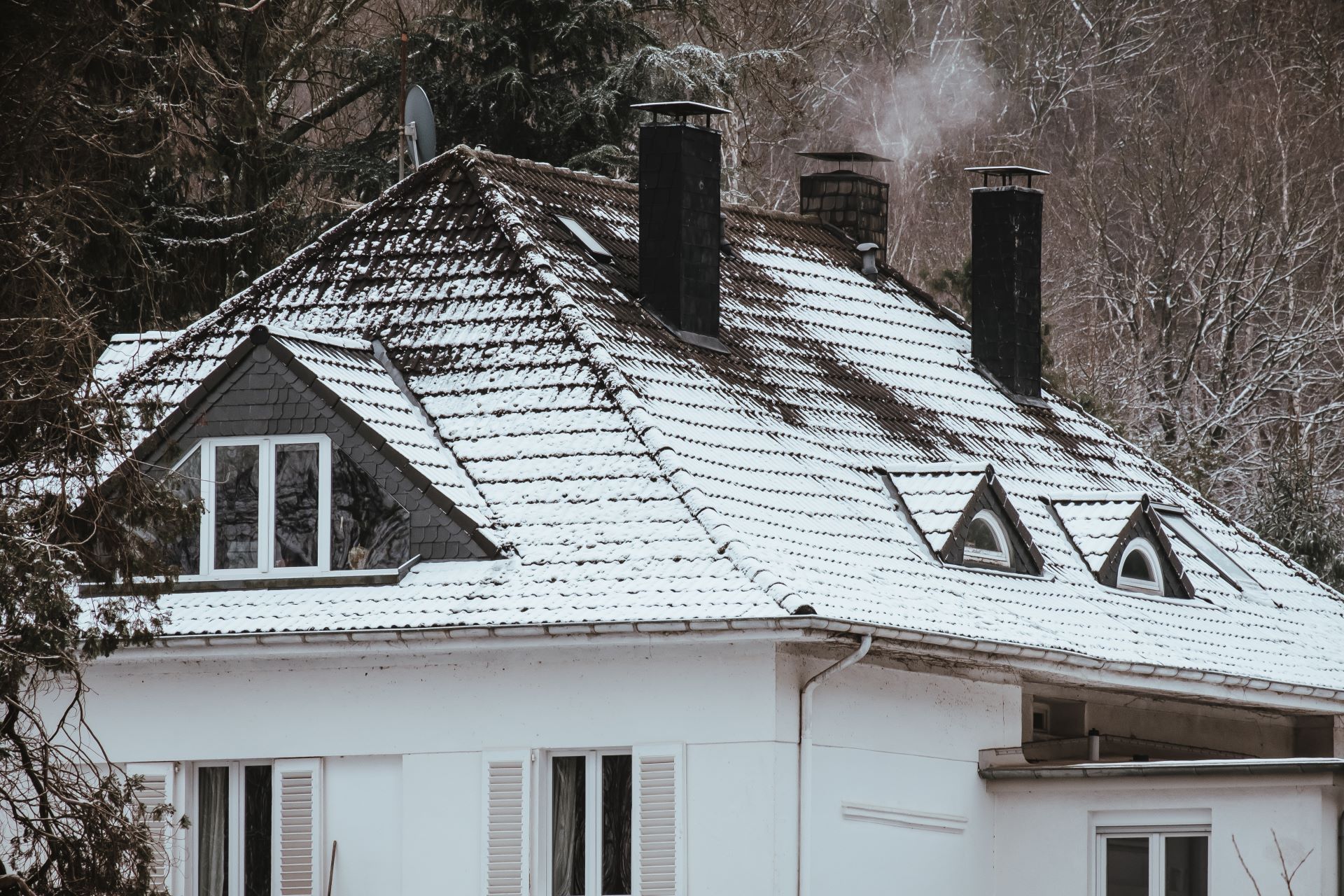Do You Insulate Interior Walls?
When it comes to making your home more comfortable and energy-efficient, insulation plays a huge role. While many homeowners are aware of the importance of insulating their attics and exterior walls, interior wall insulation can often go overlooked.
In this blog post, Insulation Pros will shed light on the benefits and considerations of this frequently-neglected aspect of home insulation.
In this blog post, Insulation Pros will shed light on the benefits and considerations of this frequently-neglected aspect of home insulation.

Understanding the Importance of Insulating Interior Walls
Insulation is not just about keeping your home warm in the winter and cool in the summer; it's also about creating a comfortable living environment and reducing energy costs. Insulating interior walls can help regulate temperatures within your home, making it a more pleasant place to live year-round for you, your family, friends, and even your pets.
When Should You Consider Insulating Interior Walls?
Knowing when to insulate your interior walls is crucial. Look out for signs such as temperature variations between rooms, drafts, and rising energy bills. These can indicate that your interior walls may lack adequate insulation.
Benefits of Insulating Interior Walls
There are many benefits of insulating the interior walls in your home or business.
First and foremost, it improves comfort by maintaining consistent temperatures throughout your home.
Additionally, it can lead to substantial energy savings by reducing the need for excessive heating or cooling.
Another advantage is noise reduction, making your home quieter and more peaceful. Consider this scenario: You're working in your home office while the kids are playing in the living room. Properly insulated interior walls can significantly reduce the sound transfer between these spaces, providing a more productive and enjoyable atmosphere.
First and foremost, it improves comfort by maintaining consistent temperatures throughout your home.
Additionally, it can lead to substantial energy savings by reducing the need for excessive heating or cooling.
Another advantage is noise reduction, making your home quieter and more peaceful. Consider this scenario: You're working in your home office while the kids are playing in the living room. Properly insulated interior walls can significantly reduce the sound transfer between these spaces, providing a more productive and enjoyable atmosphere.
Types of Interior Wall Insulation
There are various insulation materials and methods suitable for insulating interior walls. Some common options include fiberglass, cellulose, foam board, and spray foam insulation. Each has its unique properties, and the choice depends on your specific needs and budget.
Fiberglass insulation, for example, is cost-effective and widely used. Cellulose insulation, on the other hand, is eco-friendly and has excellent soundproofing properties. Foam board and spray foam insulation offer high R-values, providing exceptional thermal performance.
Fiberglass insulation, for example, is cost-effective and widely used. Cellulose insulation, on the other hand, is eco-friendly and has excellent soundproofing properties. Foam board and spray foam insulation offer high R-values, providing exceptional thermal performance.
The Insulation Installation Process
Insulating interior walls involves a systematic process. It starts with proper preparation, including removing any obstacles from the wall surfaces. The insulation material is then installed within the wall cavities, and the process is finished by sealing and covering the wall. Due to the technicalities involved, it's advisable to hire professionals to ensure a job well done.
At Insulation Pros, we can provide a free consultation and quote for your project that outlines the process in more detail.
The cost of insulating interior walls can vary based on factors such as the size of the project, the type of insulation chosen, and labor costs. While it's essential to consider your budget, remember that the long-term benefits often outweigh the initial investment.
At Insulation Pros, we can provide a free consultation and quote for your project that outlines the process in more detail.
The cost of insulating interior walls can vary based on factors such as the size of the project, the type of insulation chosen, and labor costs. While it's essential to consider your budget, remember that the long-term benefits often outweigh the initial investment.
DIY vs. Professional Insulation
While some homeowners may attempt DIY insulation projects, hiring professionals is usually the better choice. Professional installers have the knowledge, experience, and equipment needed to achieve optimal results. A properly insulated interior wall requires precision and expertise to avoid issues like voids or compression, which can reduce its effectiveness.
Frequently Asked Questions
- Does interior wall insulation make my walls thicker? No, interior wall insulation is installed within the wall cavity, so it won't significantly affect the thickness of your walls.
- Is interior wall insulation safe in terms of fire protection? Yes, many insulation materials are designed to meet fire safety standards and can even enhance the fire resistance of your walls.
- How do I maintain interior wall insulation? Properly installed insulation typically requires minimal maintenance. However, it's a good idea to periodically inspect for damage or settling and address any issues promptly.
Schedule An Insulation Evaluation Today
Overall, insulating your interior walls is a smart investment in your home's comfort and energy efficiency. It offers benefits such as temperature regulation, energy savings, and noise reduction.
If you're considering insulating your interior walls, don't hesitate to reach out to Insulation Pros for efficient and expert insulation services. Call us today for a free insulation evaluation !
If you're considering insulating your interior walls, don't hesitate to reach out to Insulation Pros for efficient and expert insulation services. Call us today for a free insulation evaluation !
Book a Service Today
Recent Posts
Owned
Veteran Owned and Family Operated
Team
Experienced Team at Insulation Pros
Free Quote
Our team offers free estimates
Service
#1 Customer Rated in Kansas City




